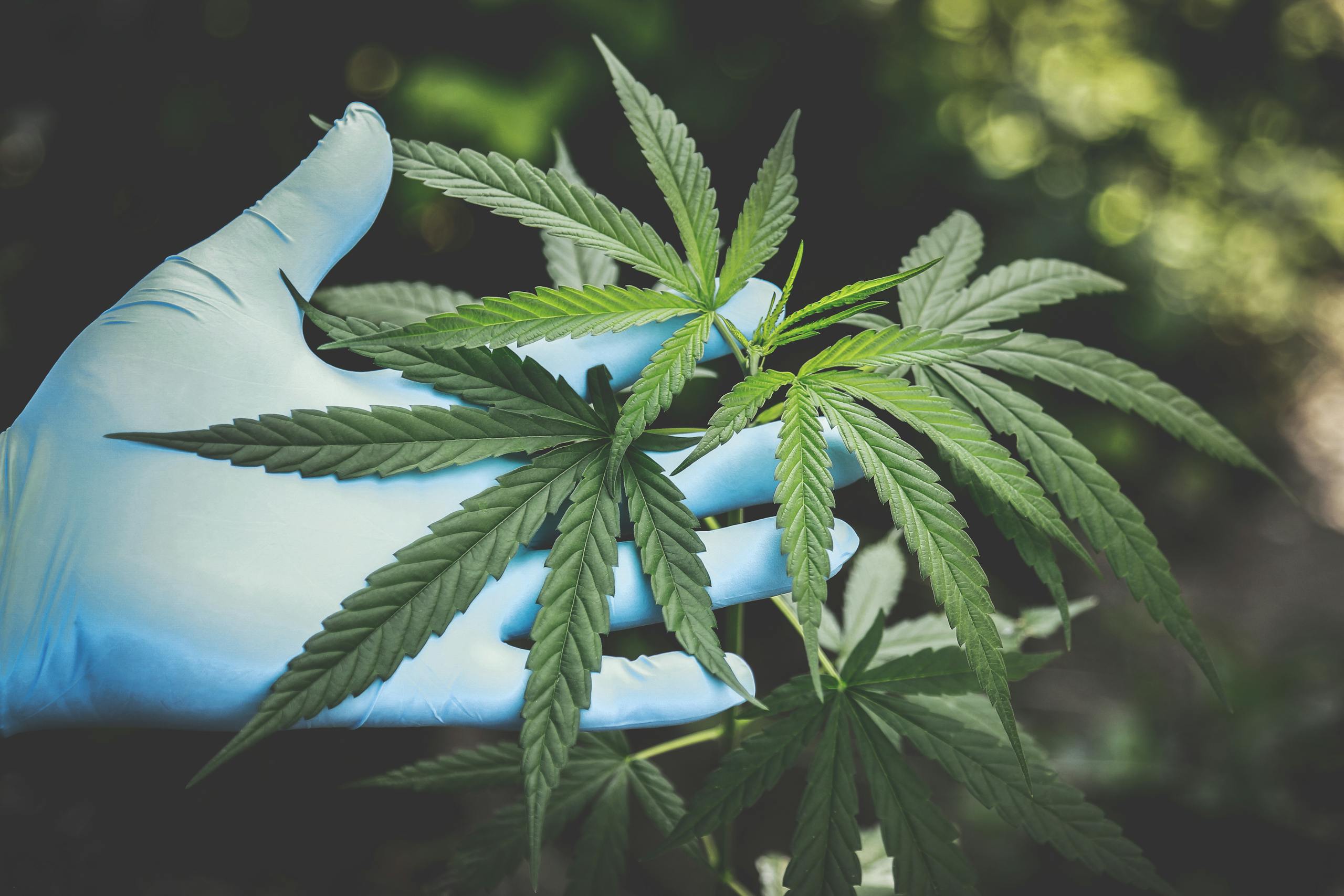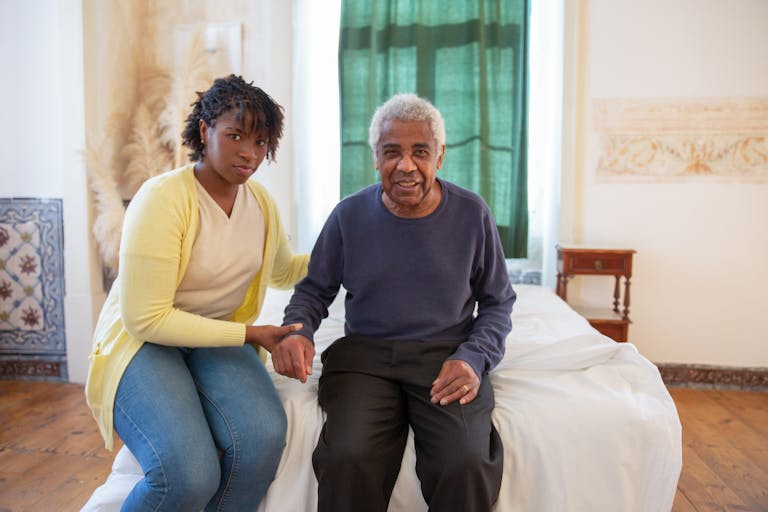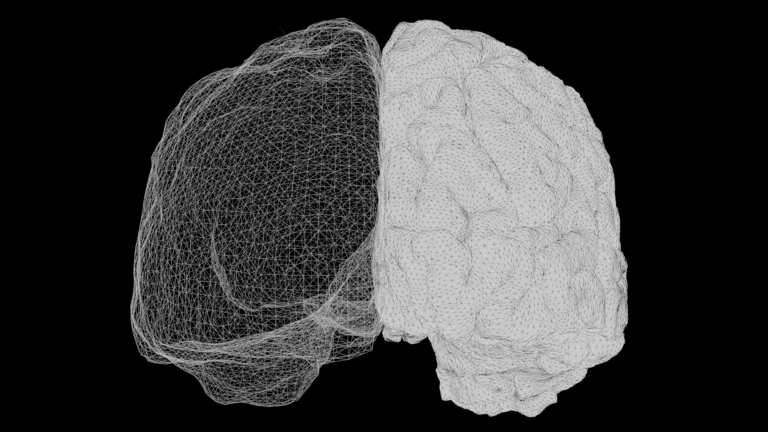Cannabis Could Be a Game-Changer for Insomnia

If you’ve ever tossed and turned through the night, you’re not alone. Roughly one in three people struggle with sleep issues, and about 10 percent of adults live with full-blown insomnia.
Traditional sleep medications can sometimes help, but they often come with frustrating trade-offs like limited access, dependency risks, or side effects that outweigh the benefits. That’s why a new long-term study is turning heads—it suggests that cannabis-based treatments might provide a lasting solution for those battling sleepless nights.
What the Study Found
Researchers from Imperial College London followed 124 insomnia patients who were prescribed medical cannabis products. Unlike most short-term studies, this one stretched across 18 months, allowing scientists to see how the treatments worked in the long run.
The results were striking. Patients consistently reported better sleep quality throughout the study period. But it didn’t stop there. Many also noticed improvements in anxiety, depression, and even pain levels. Considering how intertwined sleep and mental health are, these additional benefits paint a promising picture.
Side Effects and Safety
Of course, no treatment is without side effects. Around nine percent of patients experienced issues like fatigue, dry mouth, or occasional insomnia flare-ups. The good news? These side effects were mild and temporary, and none were considered serious.
While the findings are exciting, researchers caution that we still need randomized controlled trials—the gold standard of clinical research—to confirm safety and effectiveness. Still, this study provides rare real-world evidence that cannabis might be a sustainable alternative for those who have run out of options with conventional medicine.
Why This Matters
The importance of long-term monitoring was one of the key takeaways. Short-term studies often don’t reveal how treatments hold up over time, but this research suggests cannabis may not only be effective initially, but also help people maintain improvements in sleep and mental health for more than a year.
The study’s authors also noted something interesting: signs of tolerance developing over time. This means that while cannabis helped, it may not work in the same way for everyone indefinitely. That’s why personalized treatment plans and ongoing check-ins with medical professionals are crucial.
A New Option on the Horizon?
For people who have tried everything from over-the-counter sleep aids to prescription pills without lasting relief, cannabis could represent a new avenue of hope. It’s not a magic cure, but the evidence so far suggests it could help fill a major gap in insomnia treatment.
As researchers continue to test and refine these therapies, one thing is clear: patients are eager for safe, effective, and long-lasting solutions. And this study shows cannabis might just be part of the answer.
Source: UK Medical Cannabis Registry: A clinical outcomes analysis for insomnia





